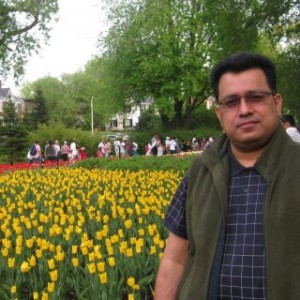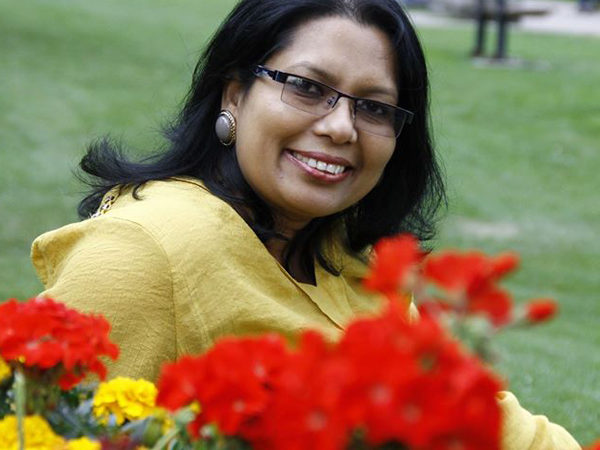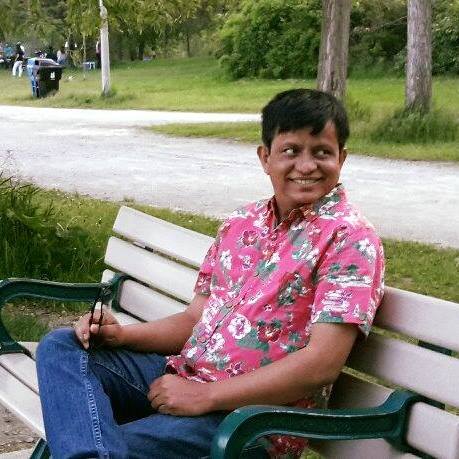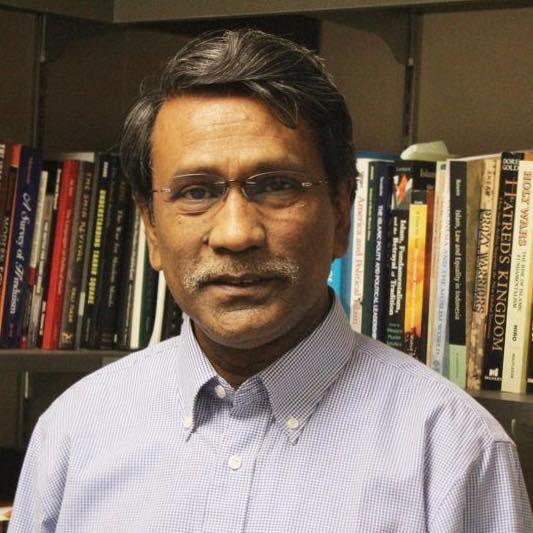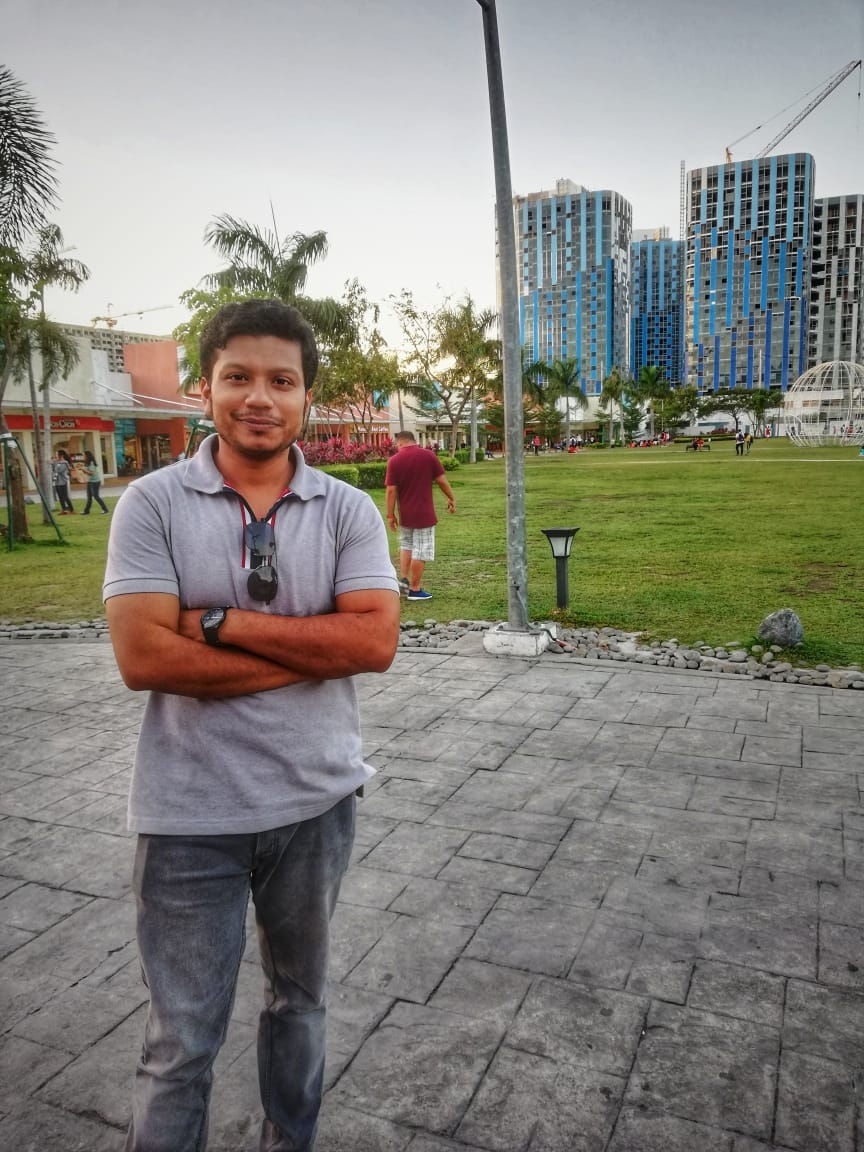Pakistan: People have spoken, opted for a change
None of the parties got outright victory or simple majority, but emergence of Imran Khan-led PTI as the second largest party in the National Assembly has pushed secular but reportedly corrupt PPPP to third place and showed the support of voters, mostly youth, for change to free the country from corruption and drone attacks.
Lead of Nawaz Sharif-led PML-N in parliament reflects more on the regional strength of the most populous province Punjab than allegiance to a party with pro-Islamic views. The PPPP’s defeat was significant in terms of not only moving to the third position nationally, but also provincially as it failed to win a single seat in Beluchistan’s provincial parliament although it was the ruling party there. The PTI got more seats in the provincial parliament of PKP, formerly NWFP, than any other party and intending to form government there although the PML-N is trying to form a coalition with the JUI-F. The PML-N won overwhelmingly in its base Punjab while the PPPP survived in its base in Sindh, leaving out Karachi to the MQM.
I found four key aspects of the outcome: a) first ever democratic transition of governance from an elected government to another elected government following completion of a full tenure of parliament in the history of Pakistan in the past 66 years; b) regional strength of the parties and failure of a single party to win and support across the country (unlike Indian National Congress and BJP) showed the weakening of federalism and mistrust of one region to others; c) winning of significant number of independent MNAs reflects mistrust to partisan politics and politicians; and d) boost in participation of women voters can make a change as it did so by bringing in the PTI, which vowed to free the country from corruption and less enmity to neighbors, in the forefront of the Pakistani political scene.
It may be noted that the general election was held under a non-party caretaker government under the constitutional provision where voter turnout has significantly increased to 60 per cent from 48 per cent in the previous occasion. The election was apparently free and fair, with some allegations of rigging and obstructing women voters.
What lesson Bangladesh can learn from the election in Pakistan under a non-party caretaker or interim government?
-> Shaikat Rushdee: Journalist.

